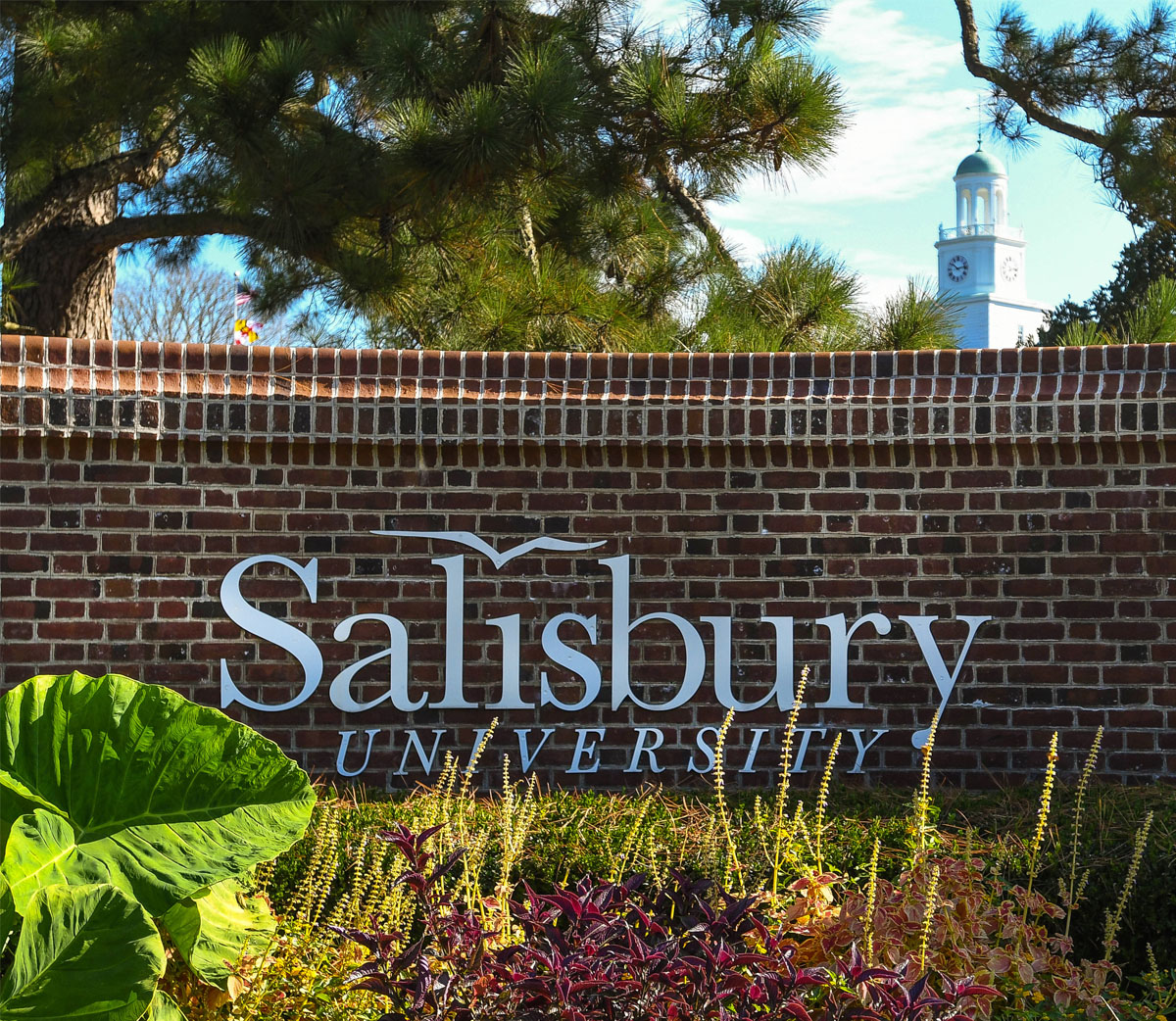SU Earns Carnegie Community Engagement Classification
 SALISBURY, MD---黑料网 has long touted civic engagement as a pillar of its students’ education.
SALISBURY, MD---黑料网 has long touted civic engagement as a pillar of its students’ education.
Now, the Carnegie Foundation for the Advancement of Teaching has made it official.
SU has received the foundation’s prestigious Carnegie Community Engagement Classification, recognizing the University’s commitment to community-engaged learning. Salisbury is one of only 359 campuses nationwide to hold this distinction. The application involved direct input and support from more than 25 community organizations and 360 individual citizens from the surrounding area.
“When I began meeting with local leaders upon becoming SU’s president in 2018, one of the main themes I heard over and over — to the point of ubiquity — was how much this University gives back to, and is a part of, the surrounding community,” said SU President Charles Wight.
“Through partnerships with local institutions, our students and faculty have a long history of contributing to the critical needs in the area, including education and health care. This Carnegie classification provides validation that their good works do not go unnoticed.”
SU has documented “excellent alignment among campus mission, culture, leadership, resources and practices that support dynamic and noteworthy community engagement,” the foundation’s management team said.
“The Carnegie recognition may position SU more positively for certain grant funding,” said Dr. Alexander Pope, co-director of the University’s Institute for Public Affairs and Civic Engagement, who oversaw SU’s involvement in the classification process. “It also helps meet important service goals established by SU and the University System of Maryland.”
The classification represents a campus-wide philosophical commitment to engaging with the community and is not granted without a demonstrated impact on the community. SU holds those connections within each endowed school and the College of Health and Human Services and Honors College, as well as with its athletic programs and its faculty tenure and promotion process.
More importantly, the University’s outreach efforts are of reciprocal value to both the institution, the community and the organizations with which they are associated. SU’s connecting students with learning experiences at Peninsula Regional Medical Center, local public schools, and the Eastern Correctional Institution, for example, not only benefit the educational experience, but also contribute to the public good.
The University also is home to two AmeriCorps programs: ShoreCorps, through which members serve at nonprofit and government agencies to meet critical community needs including environmental education, youth development, older adult care and financial literacy, and HOPECorps, which helps address the opiate crisis on Maryland’s Eastern Shore.
The expansion of the campus to downtown Salisbury through SU Art Galleries Downtown, the Eastern Shore Regional Geographic Information Systems (GIS) Cooperative and Rommel Center for Entrepreneurship also help to connect SU to the local community.
SU will continue to hold its Carnegie Community Engagement classification until 2026, at which time it will be eligible for renewal. However, the renewal of classification is not simply about keeping the status quo.
To keep the distinction, SU will need to show improvement upon its engagement – finding areas that need development and those through which SU can expand its connection with the community over the next five years.
For more information call 410-543-6030 or visit the SU website.
